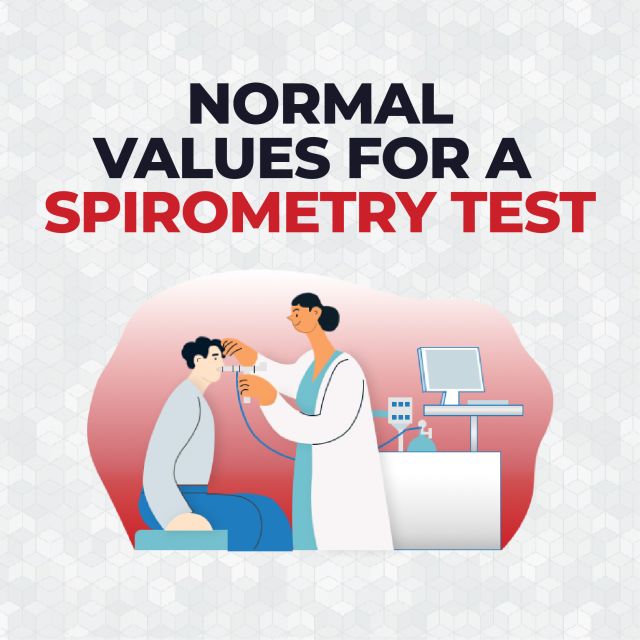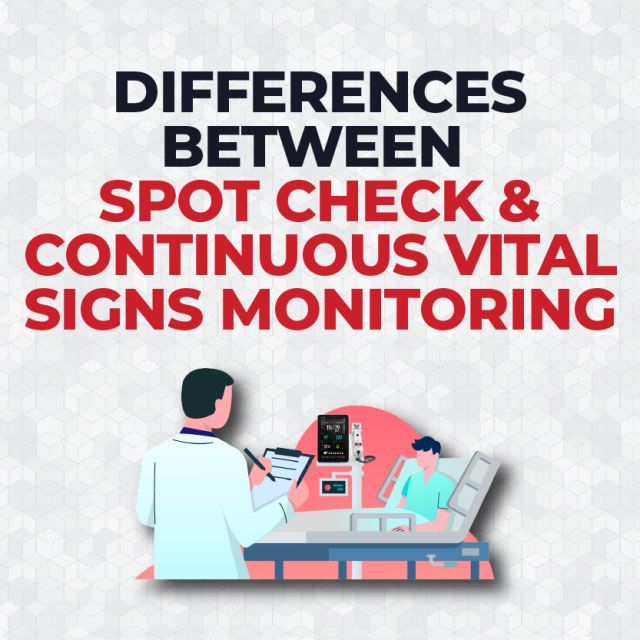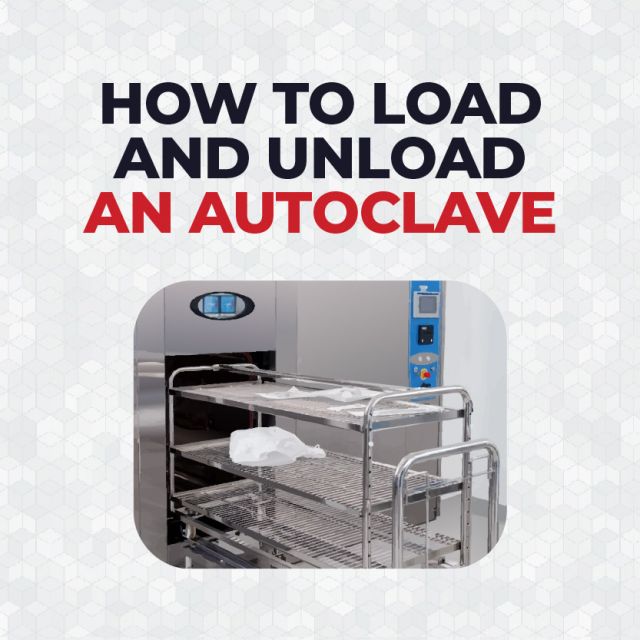What is Pulmonary Rehabilitation?
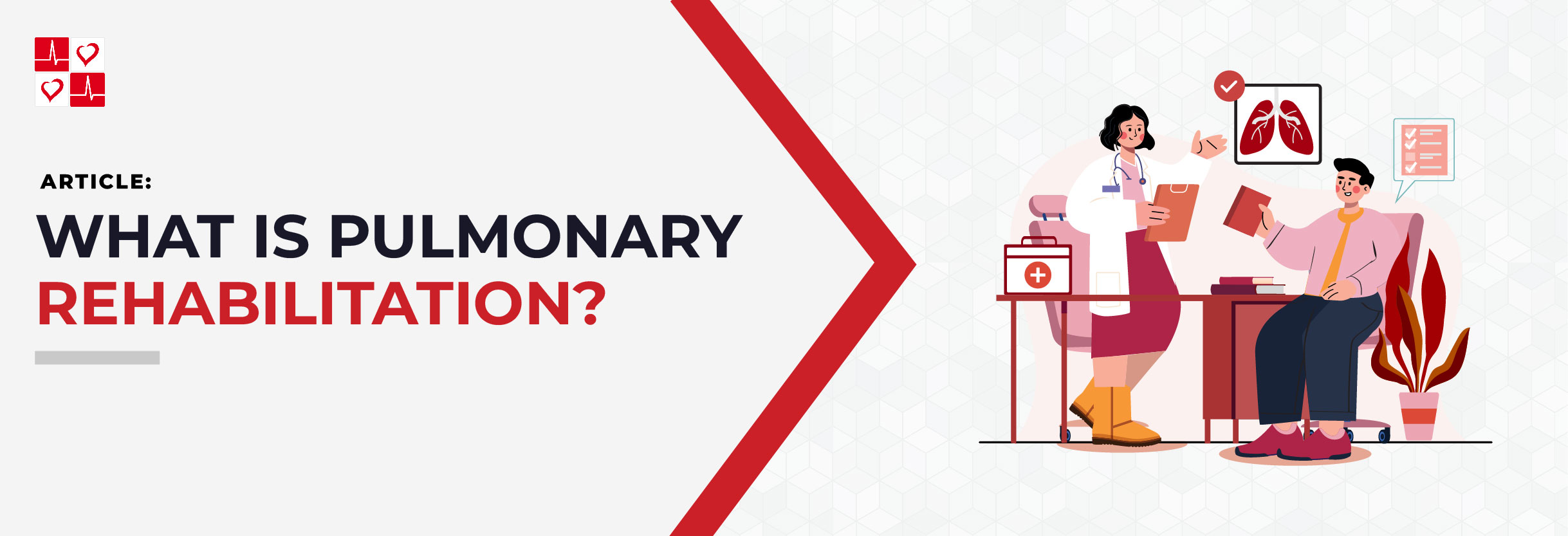
What is Pulmonary Rehabilitation?
Pulmonary rehabilitation is a medical program designed to improve the quality of life and functional capacity of individuals with lung diseases. Lung diseases that may require pulmonary rehabilitation treatment include chronic obstructive pulmonary disease (COPD), asthma, pulmonary fibrosis and even recovery from COVID-19.
How long does Pulmonary Rehabilitation take?
Typically, pulmonary rehabilitation involves two or three weekly sessions that last for a couple of weeks or even months. Additionally, pulmonary rehabilitation is typically supervised by a team of healthcare professionals.
When the program ends, the supervisors will conduct tests to check whether breathing has improved. These tests include:
Goals of Pulmonary Rehabilitation
Typically, pulmonary rehabilitation has 3 main goals:
- Better manage shortness of breath
- Enhance quality of life
- Improve emotional well-being
Pulmonary Rehabilitation Program and Exercises
Pulmonary rehabilitation exercises are tailored to the individual needs of each patient. These exercises are designed to improve lung function, increase endurance, and improve overall fitness.
Exercise Training
Strength, aerobic, and flexibility exercises all help to improve muscle strength and increase heart rate.
- Strength exercises involve using weights, resistance bands, or bodyweight. Some examples are squats, lunges, and push-ups.
- Aerobic exercises involves increasing heart rate and breathing. Examples include walking, jogging, cycling, and swimming.
- Flexibility exercises help improve range of motion and reduce muscle tension. This typically involves stretching and yoga.
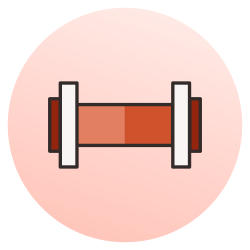
Breathing Exercises
Breathing exercises help improve breathing technique and lung function. Some examples include pursed lip breathing, diaphragmatic breathing, and inspiratory muscle training.
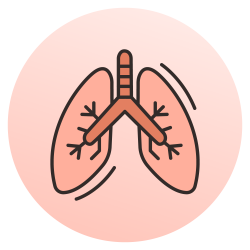
Nutrition Guidance
Healthcare providers can help direct patients to the proper foods and supplements necessary for recovery. Proper nutrients and nutritional supplements can help build muscle and manage these conditions.

Psychological Support
Those who have long term lung diseases can also experience depression, anxiety and stress. Pulmonary rehab offers psychological support to help manage them emotions.
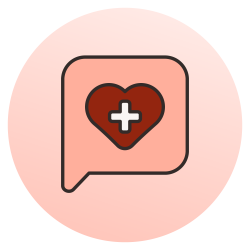
Education
Providers will be more than happy to offer guidance on how to manage lung conditions, and will answer any questions you may have. Some topics may include:
- Effective ways to take medicine(s)
- Recognize signs of a flare-up early
- Learn how avoid feeling short of breath



